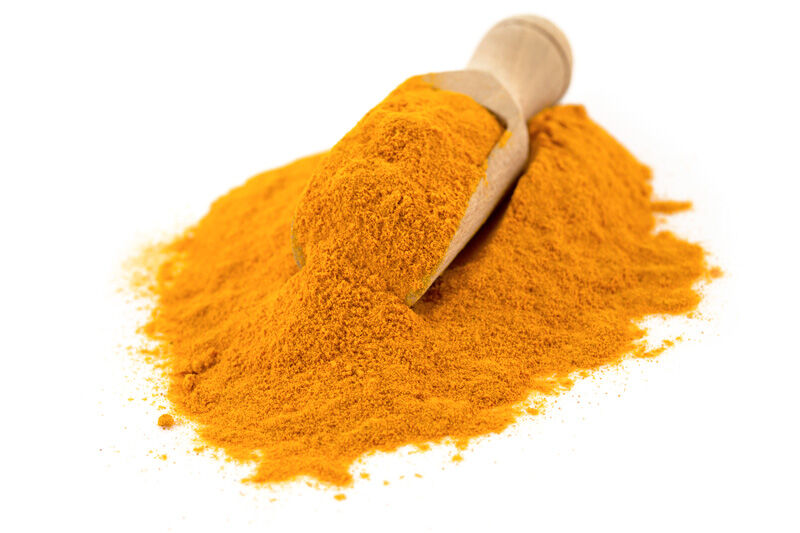Spicy salvation: Turmeric’s ‘golden’ touch cures indigestion (video)

Have you ever overindulged in food or drink, only to suffer the discomfort of indigestion afterwards? Fear not, for a groundbreaking new study suggests that turmeric, the spice responsible for giving curry its distinctive yellow hue, might offer an alternative remedy as effective as conventional drugs for treating indigestion.
The study zeroes in on curcumin, a natural compound found in turmeric. Researchers have uncovered compelling evidence suggesting that curcumin could match the effectiveness of omeprazole, a commonly prescribed medication used to reduce stomach acid, in alleviating indigestion symptoms, reported the StudyFinds platform.
Turmeric originates from the root of the Curcuma longa plant and is believed to possess anti-inflammatory properties, along with the ability to combat harmful microbes. Throughout Southeast Asia, people have long turned to turmeric as a natural remedy, including for the treatment of various stomach ailments, including indigestion.
Indigestion, characterized by discomfort in the stomach region, often manifests as feelings of excessive fullness after eating or experiencing pain and a burning sensation in the stomach.
Omeprazole, the drug pitted against curcumin in this study, falls into the category of proton pump inhibitors (PPIs) commonly prescribed to alleviate such symptoms. However, the prolonged use of PPIs like omeprazole has been associated with elevated risks, including bone fractures and nutrient deficiencies.
The study enrolled 206 participants aged between 18 and 70, randomly assigning them to one of three treatment groups for 28 days. The groups received either curcumin capsules, omeprazole, or a combination of both.
To gauge the effectiveness of these treatments, researchers employed the Severity of Dyspepsia Assessment score (SODA), a widely accepted tool for evaluating the severity of indigestion.

After four weeks, and again after eight weeks, the study recorded significant improvements in the severity of pain and other indigestion symptoms among the participants.
These improvements were consistent across all three treatment groups, whether patients received a combination of treatments, curcumin alone, or omeprazole alone. Remarkably, the taste or scent of curcumin did not appear to influence patients’ satisfaction with the treatment.
While the results of the study appear promising, the researchers caution that it has its limitations, notably its relatively small sample size and the short duration of treatment. They underscore the imperative need for larger and more extended studies to validate these findings.
The implications of this research are profound, as it suggests that a common kitchen spice could potentially serve as a viable alternative to pharmaceuticals for addressing a prevalent and often discomforting condition.
The chemical in #Turmeric that does all the heavy lifting is called #Curcumin and is the secret to its anti-inflammatory & #Immune boosting abilities. Turmeric can be consumed in many ways, from pills to powder. Why not add it to your favorite dish? 💛✨ pic.twitter.com/G9XZpph3Os
— Leena Mahtani (@LeenaMahtani) February 27, 2022
Follow more of The Thaiger’s latest stories on our new Facebook page HERE.
Latest Thailand News
Follow The Thaiger on Google News:


























